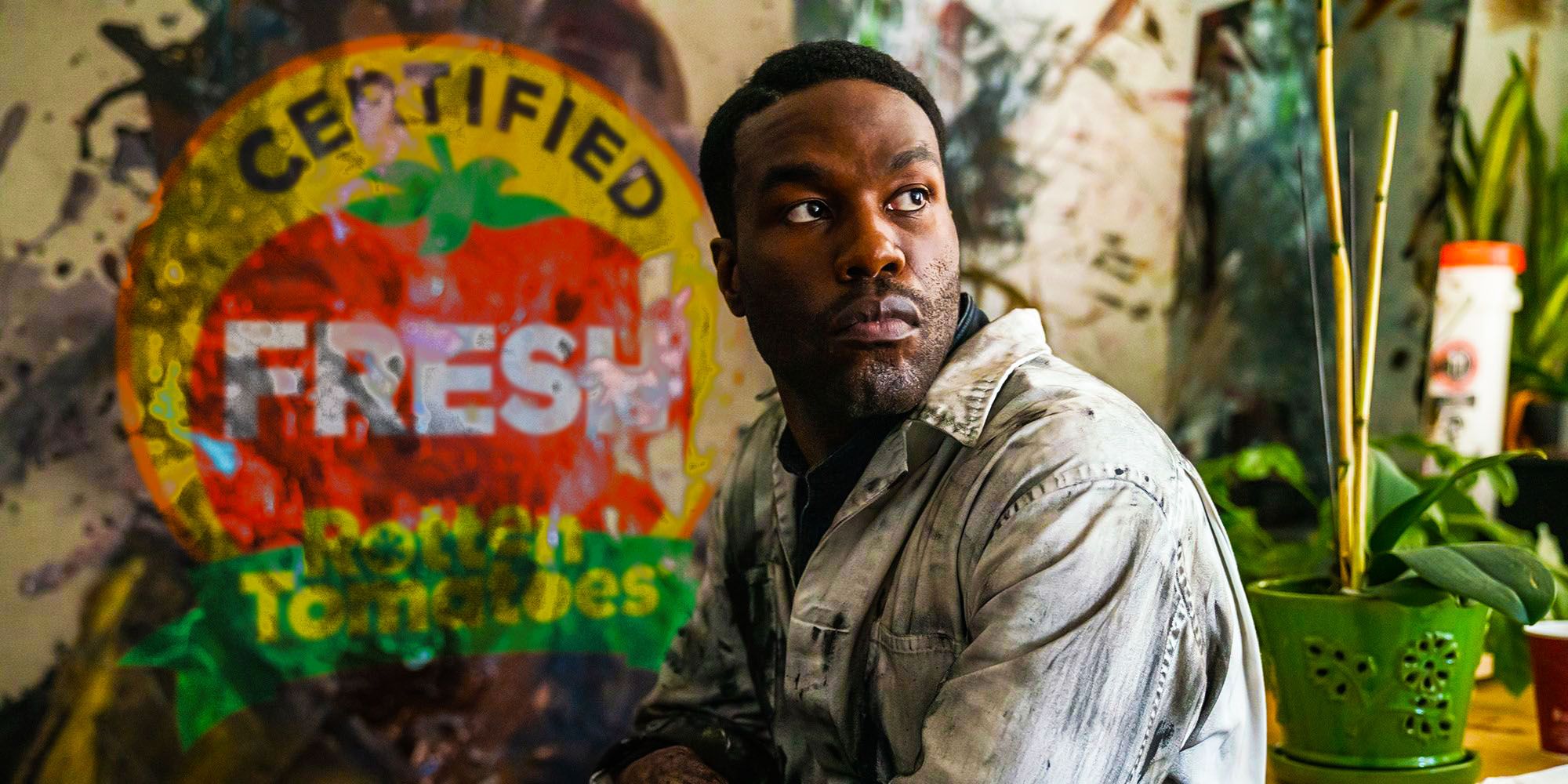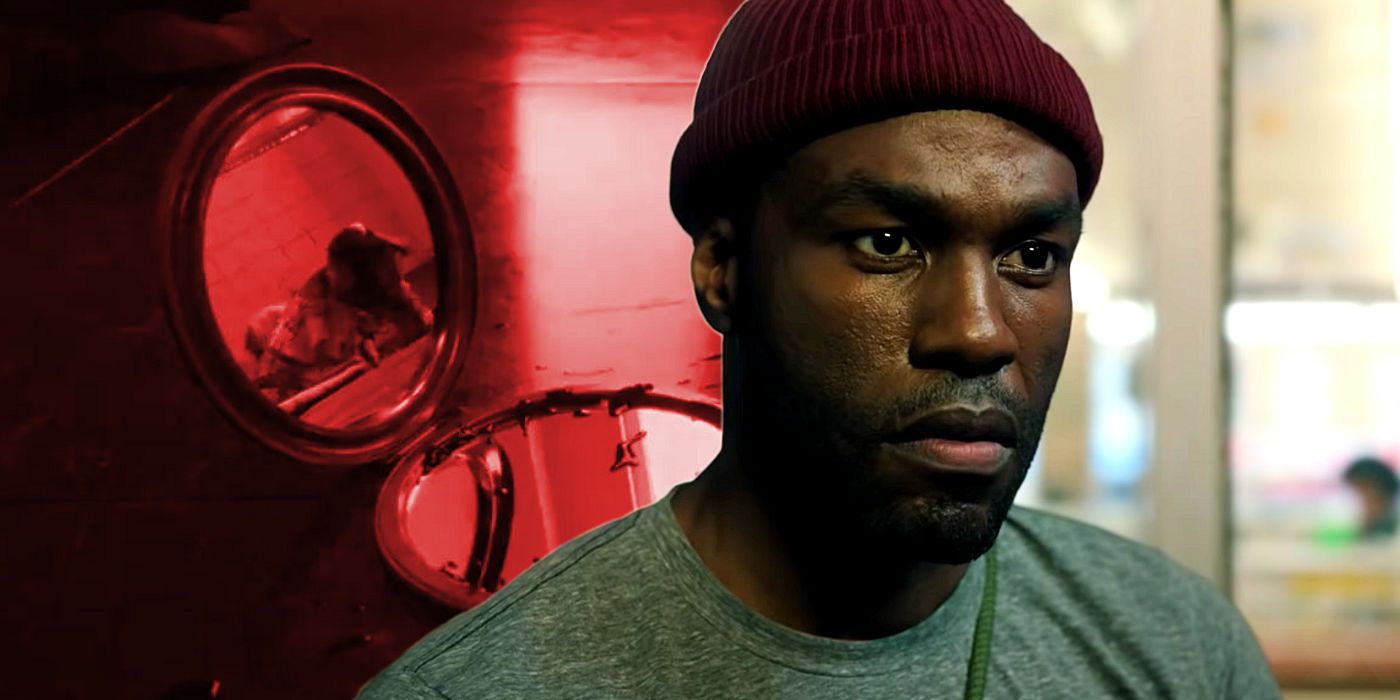
In a direct follow-up to the 1992 horror classic, Nia DaCosta’s Candyman (2021) sequel has blown away critics, with the movie seeing primarily positive reviews. Not only has Candyman been received with affection, but it’s also turned into a pandemic box office miracle with a $22.4 million opening weekend, following in the tracks of Free Guy’s theatrical box office success that far surpassed its expected earnings. So far, Candyman holds an 85% fresh rating by critics on Rotten Tomatoes, whereas the original Candyman (1992) only stands at 76%. The increase in critical acclaim bodes well for the modern slate of horror revivals, which has seen high praise for A Quiet Place 2 (91%), while also seeing less success with Spiral: From the Book of Saw (37%) and The Conjuring: The Devil Made Me Do It (56%).
Candyman (2021) picks up approximately 30 years after the events of the original horror movie, ignoring the incidents within the sequels Farewell to the Flesh (1995) and Day of the Dead (1999), all of which starred Tony Todd as the titular villain. Directed by DaCosta and produced by Jordan Peele, the new installment follows Anthony McCoy, a Chicago artist both obsessed and haunted by the Candyman legend of the Cabrini-Green neighborhood. The new Candyman keeps faithful to the original while integrating modern themes into the overall story, keeping the legend of Candyman alive.
Much of universal praise for Candyman has come from the visual style of DaCosta’s filmmaking, creating a chilling premise while accentuating the symbolic and real horrors faced by those who conjure Candyman. Many of the positive reviews also note her poignant ability to turn urban legends into real, physical manifestations that spin the narrative on Black trauma, peeling back underlying layers of history that have placed Black victims as the villains and revealing the persistent abuse on Black communities generation after generation. Here’s what critics have had to say about DaCosta’s terrifying addition to the connected Candyman franchise:

"Candyman takes an incisive, visually thrilling approach to deepening the franchise's mythology -- and terrifying audiences along the way."
“DaCosta plays with perspective, shifting between Anthony’s and the intersecting, sometimes colliding worlds of more-successful artists, urban-legend propagators and, touchingly, profoundly scarred children. Throughout, she intersperses bits of shadow puppetry that work as a counterpoint to the main narrative, a reflexive device that emphasizes that “Candyman” is also fundamentally about storytelling.”
"“Candyman” proposes that its monster lives on, imprisoned in his agony because this particular history keeps repeating itself. She stages the kill scenes with a mix of pitch-black humor, misdirection, and clever framing, fully acknowledging that what you don’t see—or think you saw—can be a lot worse than what you did see."
“The name of the piece is “Say My Name,” and that’s a disquieting joke — because, of course, it’s a Candyman reference that plays off the rhetorical fire of our own time, in a way that suggests that confronting racial demons isn’t as simple as “acknowledging” the crimes against Black people that have happened on a daily basis.”
"As the grotesquerie grows and the stakes get ever higher, “Candyman” delivers a wholly unsubtle meditation on the history of violence and legacy of trauma that has led to this new incarnation"
The general consensus is that Candyman relies on the intersections of history, lore, and generational trauma to tell the horrors committed on Black lives that are personified by a real, terrifying killer. Unsurprisingly produced by Jordan Peele, who created Us and Get Out, two successful films that discuss the political disenfranchisement of Black people underscored by horror premises, Candyman uses the same horror vehicle to symbolically represent manifestations of Black trauma. Still, it’s Nia DaCosta’s strategic framing and implementation of classic storytelling techniques that help win over the critics. At the same time, not everyone loved DaCosta’s adaptation. Here’s what critics didn’t like:
EW:
"And as much care as Peele and Co. take to underscore the role of Blackness and justice and the basic struggle just be seen and acknowledged as a human being — Say His Name, pointedly, is the movie's tagline — those ideas are never fully explored or integrated into the standard slash-and-burn march of the plot."
"Alas, the film isn’t scary, the violence isn’t jolting, and the story lacks both urgency and proactive agency. The characters are barely sketched-out, with only Anthony getting anything approaching depth."
“It’s cluttered, preachy, and not nearly scary enough. The lack of a visual metaphor makes the film’s exploration of gentrification more of an assemblage of nonspecific dialogue. It talks about what gentrification is, and not what it looks like."
The positive reviews still note the intensity of deep ideas introduced in the different Candyman (2021), though some critics felt the abundance of themes in the storytelling to be underdeveloped, not frightening enough for its legacy, or even hypocritical. Candyman (2021) explicitly mentions the horrors of gentrification but may have been better had it taken the time to show what that actually meant and looked like for the affected Black community. Much of the criticism comes from Candyman’s relatively short runtime at only 91 minutes, suggesting there wasn’t enough time to give depth to all the new characters aside from Anthony. In trying to keep up with the lore of the original film, Candyman (2021) is trying to reinvent what the urban legend means while also attempting to integrate a new landscape and characters, warranting a longer runtime.
from ScreenRant - Feed https://ift.tt/2Yi6N01


0 Comments